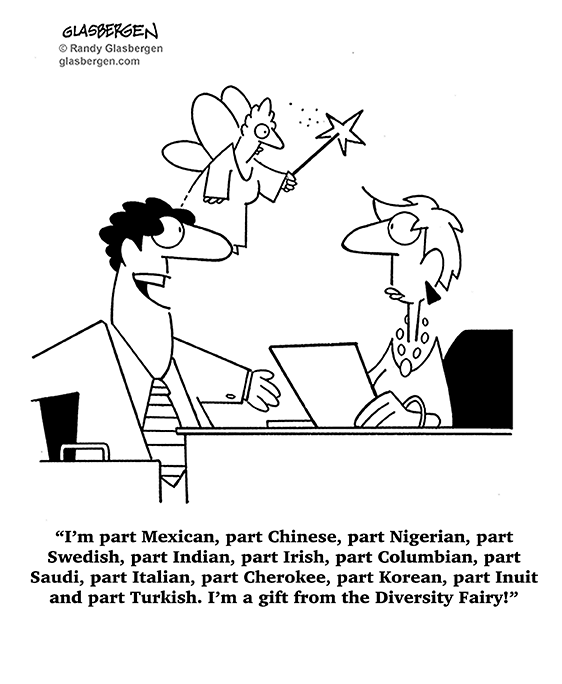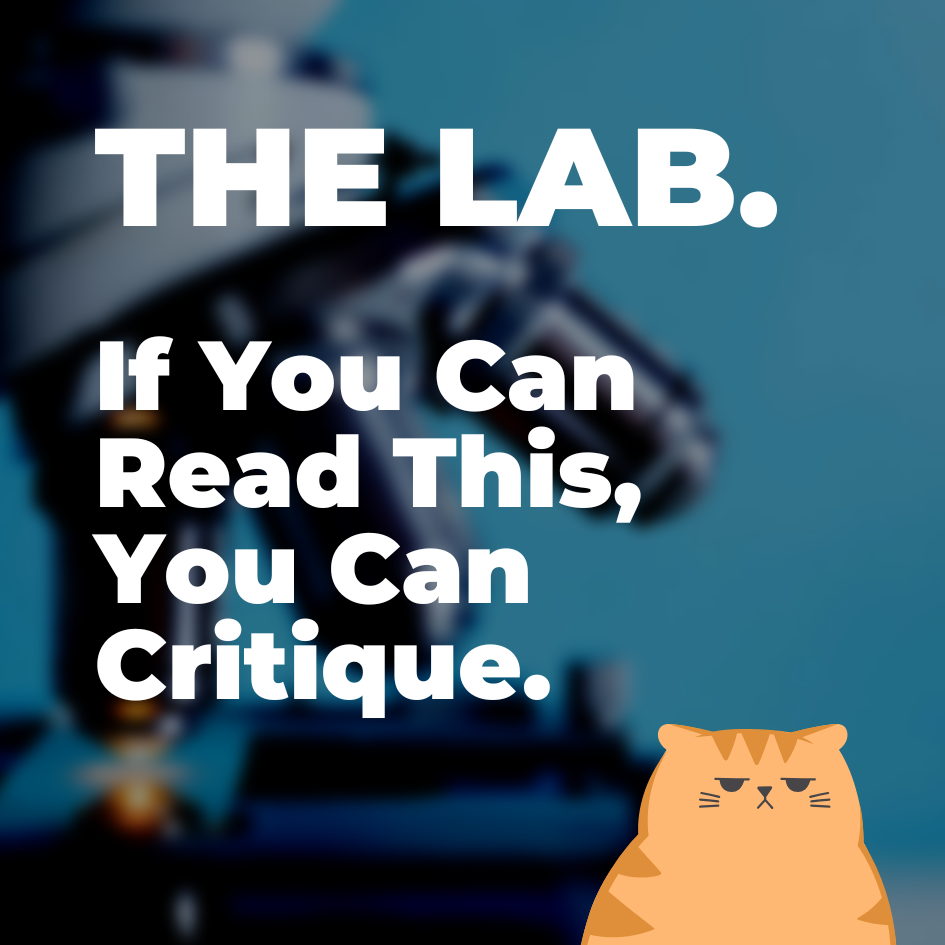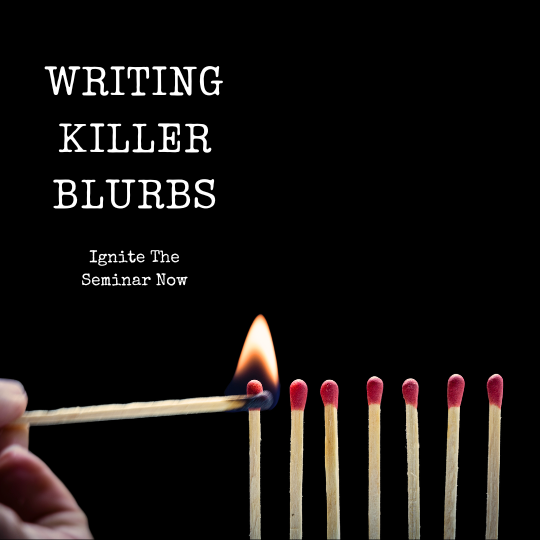Paul Whybrow
Full Member
I came across this survey of diversity in publishing, which is eye-opening and rather depressing to read.
Where Is the Diversity in Publishing? The 2015 Diversity Baseline Survey Results
If you're white, not disabled and straight, then you have the right profile to get a job at a literary agency or book publisher. I've previously ranted about the disparities in publishing, which appear to be rooted in the early 20th-century; how you look might affect your marketability.
I'm boggled at how it came to be, that nice, heterosexual, able-bodied, white women are the arbiters of literary taste. Can they be expected to show a lack of bias, acting in an even-handed way to represent a diverse range of writing talent? If you wonder what I'm going on about, try imagining a situation where the majority of people in publishing were black seniors, age 50+, or that most literary agents were ex-trawlermen without a college education, or that the bulk of publishing executives and assistants were physically disabled. What sort of books would they favour?
Nothing is going to change soon, that's for sure, though, I'll hazard a guess that tokenism will increase, with a few more minority employees being taken on to satisfy employment law quotas and to look politically correct.
But, given that our manuscripts are probably going to be read by a middle-class Caucasian female in her thirties, should we slant our stories towards subjects that might interest them? If my fantasy groupings were in charge of the slushpile, we'd write plots including African Americans, salty fishermen and characters who are amputees or in wheelchairs.
I've sometimes looked at my cast of characters, wondering whether they'd appeal to Perdita, 34, educated at Oxford University and who started off at Armstrong-Struthers Literary Agency as an editorial assistant, but is now a newly-appointed agent, looking for "Offbeat crime stories with a quirky hero and a strong regional location." After all, my novels are set in Cornwall, my detective protagonist is a semi-hippy copper, and his investigating team include an amusing Asian and a martial arts expert who is lesbian + there's kinky sexual activity & a gratifying love story + my hero bakes cakes (and, here's the clincher), he owns a cat!
Am I pandering to whoever might read my story?
Should we have to?
Do you consider such factors when writing your stories?
Just remember, the first hurdle to leap is whoever reads your manuscript, so wouldn't it be wise to think of what they might like?

Where Is the Diversity in Publishing? The 2015 Diversity Baseline Survey Results
If you're white, not disabled and straight, then you have the right profile to get a job at a literary agency or book publisher. I've previously ranted about the disparities in publishing, which appear to be rooted in the early 20th-century; how you look might affect your marketability.
I'm boggled at how it came to be, that nice, heterosexual, able-bodied, white women are the arbiters of literary taste. Can they be expected to show a lack of bias, acting in an even-handed way to represent a diverse range of writing talent? If you wonder what I'm going on about, try imagining a situation where the majority of people in publishing were black seniors, age 50+, or that most literary agents were ex-trawlermen without a college education, or that the bulk of publishing executives and assistants were physically disabled. What sort of books would they favour?
Nothing is going to change soon, that's for sure, though, I'll hazard a guess that tokenism will increase, with a few more minority employees being taken on to satisfy employment law quotas and to look politically correct.
But, given that our manuscripts are probably going to be read by a middle-class Caucasian female in her thirties, should we slant our stories towards subjects that might interest them? If my fantasy groupings were in charge of the slushpile, we'd write plots including African Americans, salty fishermen and characters who are amputees or in wheelchairs.
I've sometimes looked at my cast of characters, wondering whether they'd appeal to Perdita, 34, educated at Oxford University and who started off at Armstrong-Struthers Literary Agency as an editorial assistant, but is now a newly-appointed agent, looking for "Offbeat crime stories with a quirky hero and a strong regional location." After all, my novels are set in Cornwall, my detective protagonist is a semi-hippy copper, and his investigating team include an amusing Asian and a martial arts expert who is lesbian + there's kinky sexual activity & a gratifying love story + my hero bakes cakes (and, here's the clincher), he owns a cat!
Am I pandering to whoever might read my story?
Should we have to?
Do you consider such factors when writing your stories?
Just remember, the first hurdle to leap is whoever reads your manuscript, so wouldn't it be wise to think of what they might like?





